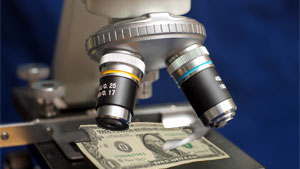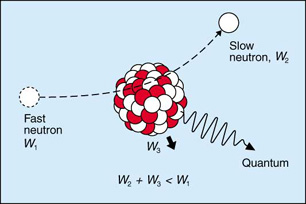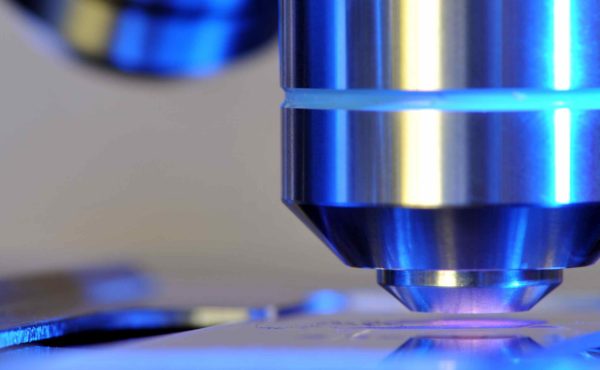 Materials science and engineering is applied in a significant number of property-casualty and construction defects civil lawsuits each year, including issues involving the failure of structural building materials, piping and water control-valve corrosion and fractures, and electrical equipment defects, to name a few. During litigation, each side resolutely depends on the strategic application of materials science to help prove or defend a given claim.
Materials science and engineering is applied in a significant number of property-casualty and construction defects civil lawsuits each year, including issues involving the failure of structural building materials, piping and water control-valve corrosion and fractures, and electrical equipment defects, to name a few. During litigation, each side resolutely depends on the strategic application of materials science to help prove or defend a given claim.
Whether it’s strength of materials testing, metallurgy, thermodynamics, or physical chemistry, the advancement of materials science and engineering is critical to our better understanding of how and why materials fail, our improved ability to forensically examine and test physical evidence, and our furthered capacity to furnish verifiable proof that can withstand even the most rigorous challenges.
In the South, the U.S. Department of Energy’s Experimental Program to Stimulate Competitive Research, or EPSCoR, recently awarded a major grant to the Louisiana Consortium for Neutron Scattering, or LaCNS, involving $4.9 million in funding for three years. The LaCNS comprises Louisiana State University, or LSU, and faculty and graduate students from other Louisiana universities that will be collaborating on the research project including Tulane University, University of New Orleans, Louisiana Tech.
In a February 9, 2015 article posted on LSU Media Center’s website (www.lsu.edu /ur/ocur/lsunews/mediacenter/news), LaCNS principal investigator and LSU physics professor John DiTusa said “This research promises to have a long-term impact on everything from the amount of memory available in your computer and the speed at which it can be accessed, the efficiency of power transmission lines and the cost and efficiency of devices that convert sunlight to electricity, as well as the discovery of new materials with unexpected properties. All of these aspects need fundamental discoveries to make advances toward new and better devices.”
“Part of our mission is to excite and train the next generation of scientists who will be experts in both the science and neutron scattering techniques,” DiTusa said.
 As the article also points out, neutron scattering is one of the few materials investigation techniques available capable of probing the structure and dynamics of materials over a broad range of time, length and energy scales. What this translates into is virtually unlimited potential for advances in areas of science that include the study of crystalline solids, physics, physical chemistry, and materials research.
As the article also points out, neutron scattering is one of the few materials investigation techniques available capable of probing the structure and dynamics of materials over a broad range of time, length and energy scales. What this translates into is virtually unlimited potential for advances in areas of science that include the study of crystalline solids, physics, physical chemistry, and materials research.
Undoubtedly, advances in neutron scattering and related techniques will ultimately lend themselves to advances in, and contributions to, forensic sciences and engineering.
In the Northeast, Wentworth Institute of Technology in Boston, Massachusetts opened its brand new $3.7 million, 7,000 square-foot, Gelfand Strength of Materials Laboratory this past fall. The facility is named after Mark Gelfand, a software engineer and entrepreneur whose family foundation, the Gelfand Family Charitable Trust, donated $1 million to the project.
“We’re very excited to celebrate the opening of these new spaces,” Wentworth President Zorica Pantić said in a press release last fall. “With these new facilities, Wentworth is providing our undergraduate students with graduate-level laboratories, which aligns with our plan to add more graduate programs, including several in engineering disciplines.”
A materials science laboratory and a nanotechnology laboratory, named Sweeney Nanotechnology Laboratory, were also opened at the same time within the materials laboratory building. The materials testing laboratory contains industry standard equipment and the latest industrial machinery used to test a material’s tensile strength, its resistance to torsion, its structural behavior, as well as other important properties.
The level of funding being allocated to materials science research and education continues to grow as we seek to better understand the world around us and as interest and breakthroughs in areas like neutron scattering and nanotechnology intensify. With this comes the potential for us to improve our proficiency as experts, claims adjusters, and litigators. Support your local science and engineering community when you can.
-Joel E. Breuer, PE
Mr. Breuer is Managing Partner at HG Cornerstone, LLC a national construction consulting, forensic engineering, and expert witness firm serving its clients nationwide.

